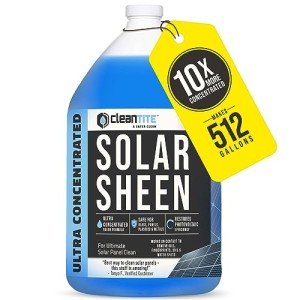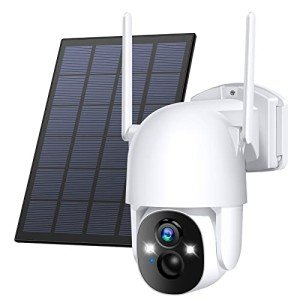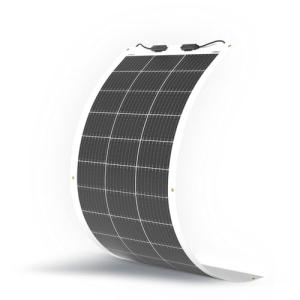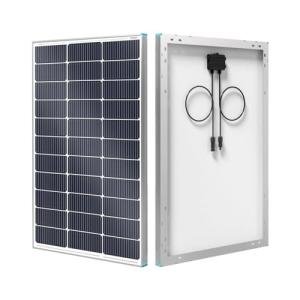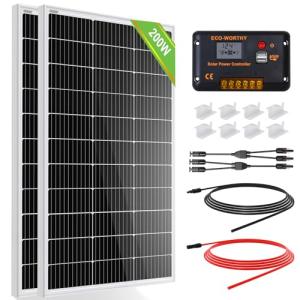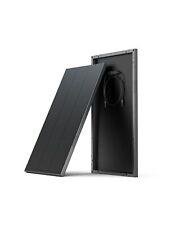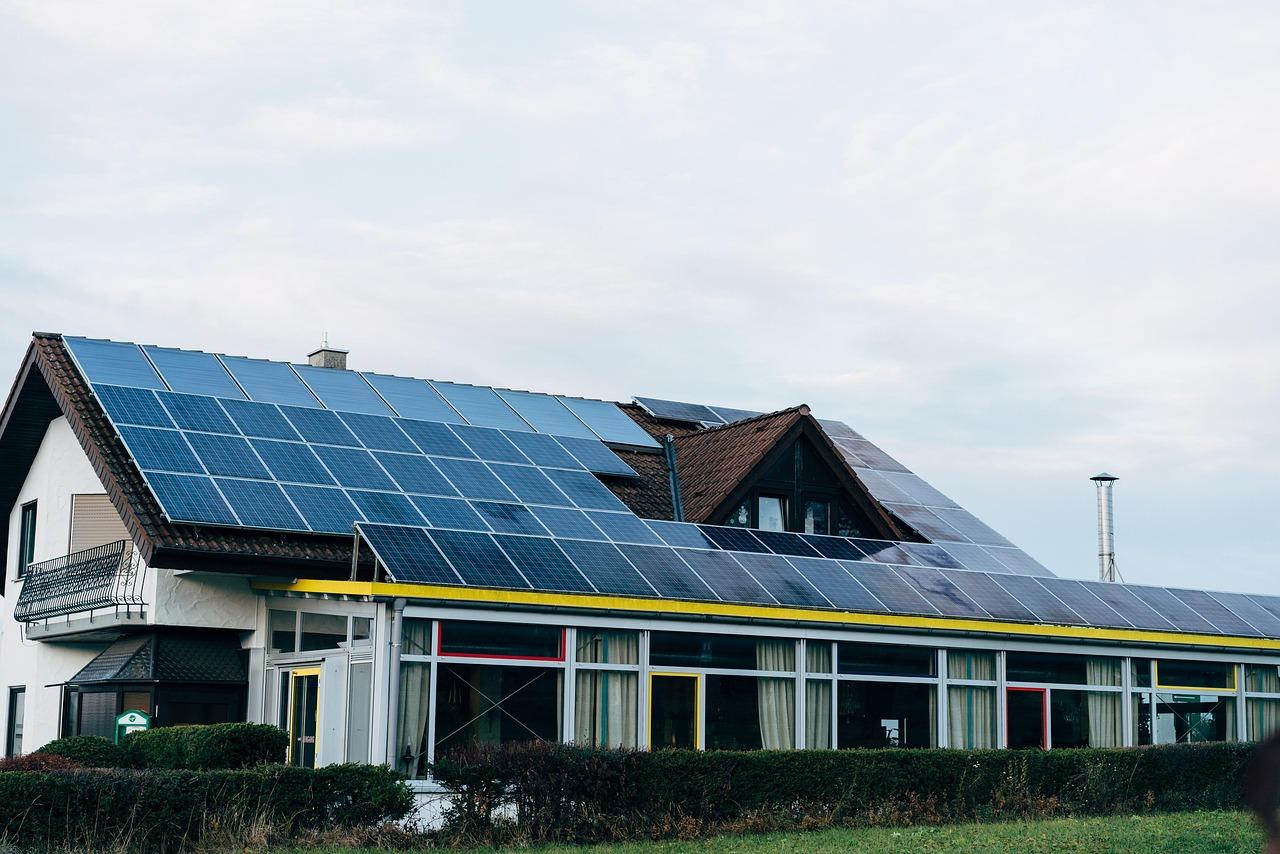When you're diving into the world of solar panels, understanding what affects solar panel cost is super important. A few main factors come into play that can make a big difference in what you'll end up paying.
First off, the type of solar panel you choose has a major impact on solar panel cost. There are different types out there, like monocrystalline, polycrystalline, and thin-film. Monocrystalline panels are generally more efficient but also pricier. Polycrystalline panels are a bit more budget-friendly but might take up more space for the same energy output. Thin-film panels can be even cheaper upfront but usually have lower efficiency rates.
Another crucial aspect to consider is the size of the system you need. If you have a larger home or want to offset more of your energy usage, you'll likely need a bigger system. This means more panels, and more panels equal higher solar panel costs. But don't forget, the initial investment could pay off big time over the years with lower energy bills.
Installation costs can also shake up your budget. If you hire professionals, you'll need to factor in their rates, which vary by region and company. Some people opt for DIY installations to save money, but it’s essential to know what you're getting into. Make sure you feel confident about the setup before taking that route.
Lastly, don’t overlook incentives and rebates. Depending on where you live, you might qualify for tax credits, utility rebates, or state incentives that can significantly lower your solar panel cost. Always check out the local programs available for you. Taking advantage of these can help make your solar dreams way more affordable!
Breaking Down Installation Costs
When you’re looking into solar panels, one major piece of the puzzle is installation costs. It's a big part of the overall solar panel cost, and understanding it can help you budget more effectively. Installation costs can vary widely based on a few factors, but let’s break it down to keep things simple.
First off, the size of your solar panel system really matters. Bigger systems typically require more panels, which means more time and labor for installation. If you have a larger home or more energy needs, you’ll probably see higher installation costs. But remember, more panels can also mean more savings on your electric bill!
Labor costs can also fluctuate depending on where you live. In some areas, installers charge a premium for their services due to demand or local regulations. Always get quotes from a few different installers to find the best price without sacrificing quality.
Another factor to consider is the roof type and condition. If your roof needs repairs or isn't suitable for solar panels, you might rack up additional costs. Flat roofs or those with many angles can require special installation techniques, and that can bump up the solar panel cost.
Finally, don’t forget about any incentives or rebates that could help offset installation costs. Many states offer programs that can significantly cut down what you pay upfront. Take time to research what options are available in your area. This can make a big difference in your overall solar panel cost!
CLEANTITE Solar Panel Cleaner - 512 Gallons Made
Keep your solar panels sparkling clean with this efficient and effective cleaner that covers up to 512 gallons
Product information
€42.29
Product Review Score
4.65 out of 5 stars
121 reviewsProduct links
Can You Save Money With Solar
Thinking about going solar? You’re probably wondering if it can actually save you money. The short answer is yes! When you look at solar panel cost, think of it as an investment rather than just an expense. You might be surprised at how soon those savings add up.
First off, let’s consider your electricity bill. With solar panels, you generate your own power, which means you can cut down or even eliminate your monthly bill. Depending on where you live, some folks have reported savings of 50% or more! Imagine what you could do with that extra cash every month.
Then there’s the potential increase in your home’s value. Homes with solar panels tend to sell for more. People love the idea of having lower energy bills, so your investment in solar panel cost could pay off big time when it’s time to move.
Don’t forget about tax incentives and rebates. Many states offer programs that help offset the solar panel cost. This means you could get a chunk of your investment back, making the transition even easier.
All in all, switching to solar is not just about going green; it’s a smart financial move too. You get savings on your bills, potential home value boosts, and even financial incentives. Sounds like a win-win, right?
Solar Wireless Security Camera with Night Vision
Keep an eye on your home day and night with this easy-to-install solar-powered security camera
Product information
€42.29
Product Review Score
4.41 out of 5 stars
198 reviewsProduct links
Tips for Affordable Solar Options
Looking to go solar without breaking the bank? You’re in the right place! Understanding solar panel cost can feel overwhelming, but it doesn't have to be. Here are some tips to help you snag affordable solar options.
First off, consider shopping around. Don't just settle on the first quote you get. Check out different companies and ask for multiple estimates. You’d be surprised how much prices can vary for the same types of panels. Plus, some installers can offer savings through local incentives or financing plans.
Next, think about the size of your system. Going for a bigger system might sound great, but it could also mean higher solar panel cost. Evaluate your energy needs. A smaller system that meets your requirements can save you cash upfront and on your electricity bills down the road.
Also, keep an eye on solar incentives. Many states have tax credits, rebates, or financing options available that can cut down your overall solar panel cost. Research these programs in your area to see if you qualify for any discounts to help you get started.
Finally, don't forget about used panels. If you're really on a budget, gently used panels can be a great option. They might not have the latest tech, but they can still get the job done, providing you a cost-effective way to tap into solar energy.

